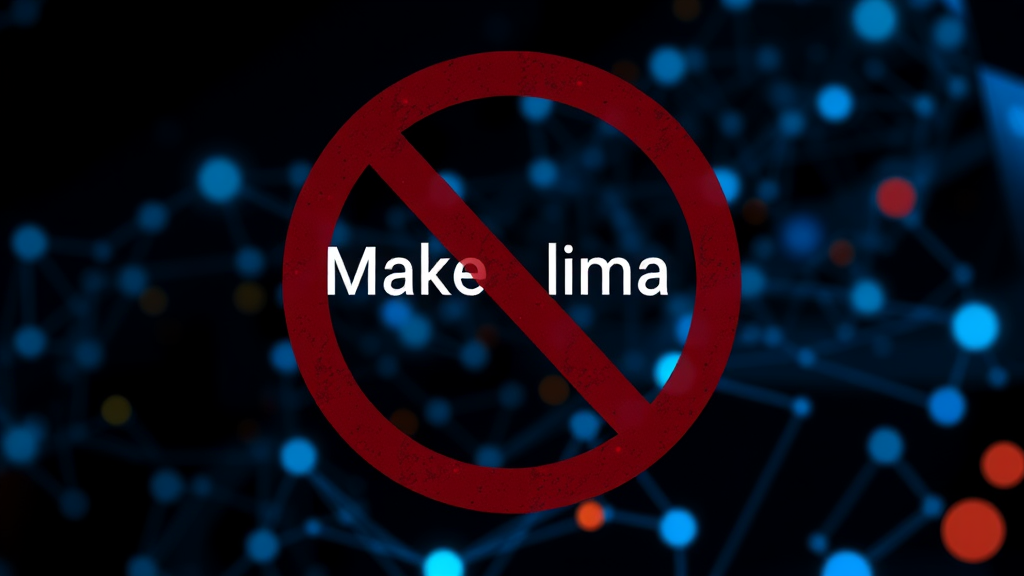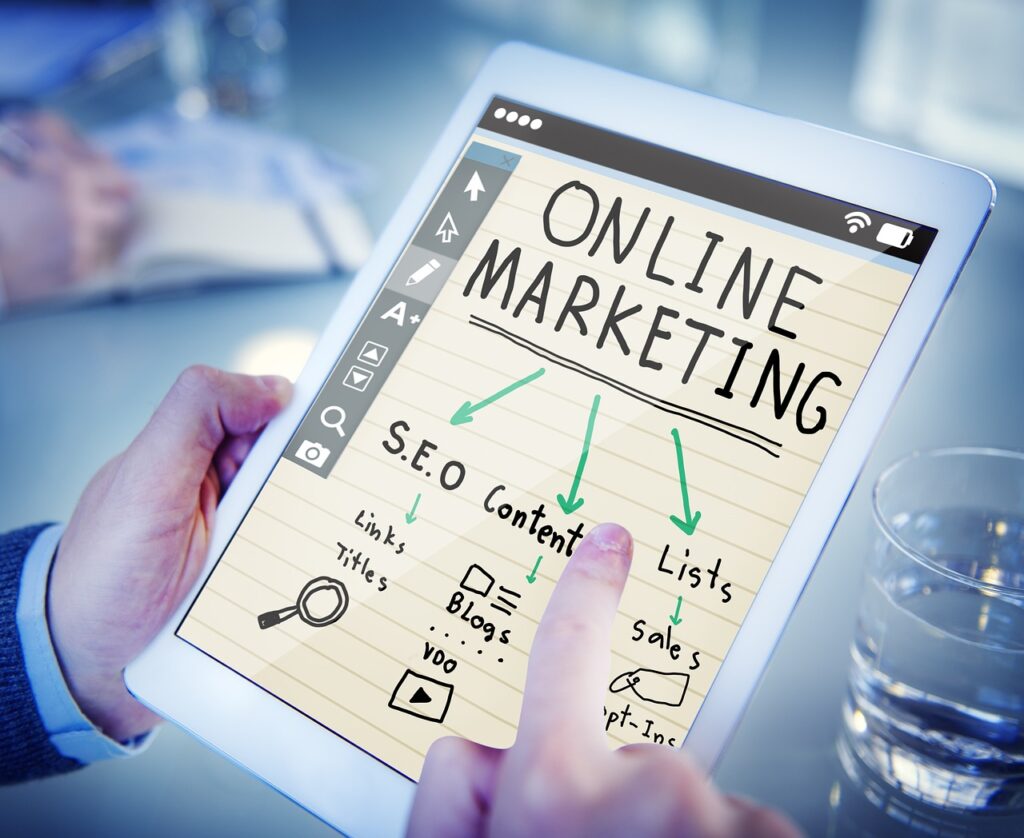Integrating AI into Digital Marketing Strategies
Unlocking the Potential of AI in Digital Marketing
In today’s fast-paced digital landscape, businesses are constantly seeking new ways to optimize their marketing strategies and stay ahead of the competition. One emerging technology that has the potential to revolutionize the way we approach digital marketing is Artificial Intelligence (AI). By integrating AI into their marketing efforts, organizations can unlock a wealth of opportunities to enhance their campaigns, improve customer engagement, and drive better results.
Personalized Customer Experiences
At the heart of successful digital marketing lies the ability to deliver personalized experiences to customers. AI-powered tools can analyze vast amounts of customer data, from browsing behavior to purchase history, to create highly targeted and tailored content, recommendations, and communication. By understanding individual preferences and behaviors, businesses can craft campaigns that resonate more effectively with their target audience, leading to increased engagement, conversions, and customer loyalty.
Predictive Analytics and Optimized Decision-Making
One of the key advantages of AI in digital marketing is its ability to analyze data and provide predictive insights. By leveraging machine learning algorithms, AI can identify patterns, trends, and correlations that would be nearly impossible for humans to detect. This allows marketers to make more informed and data-driven decisions, optimize their campaigns in real-time, and anticipate customer needs and preferences.
Automated Content Creation and Optimization
AI-powered tools can also assist in the creation and optimization of digital content, such as blog posts, social media updates, and email campaigns. Natural Language Processing (NLP) and machine learning algorithms can generate personalized, high-quality content at scale, while also providing insights on the most effective messaging, tone, and format for different audiences. This not only saves time and resources but also ensures that the content is tailored to the specific needs and preferences of the target market.
Intelligent Chatbots and Conversational Experiences
Integrating AI-powered chatbots into digital marketing strategies can greatly enhance the customer experience. These intelligent virtual assistants can engage in natural language conversations, answer customer queries, and provide personalized recommendations, all while operating 24/7. By automating routine customer interactions, businesses can free up their human customer service teams to focus on more complex and rewarding tasks, ultimately improving overall customer satisfaction and loyalty.
Optimized Ad Targeting and Media Buying
AI can also play a crucial role in digital advertising by optimizing ad targeting and media buying. Machine learning algorithms can analyze vast datasets, identify the most valuable audience segments, and continuously refine ad targeting to ensure maximum return on investment. This not only leads to more efficient ad spend but also helps businesses reach the right customers at the right time, increasing the likelihood of conversion and driving better marketing outcomes.
Continuous Learning and Improvement
One of the most compelling aspects of AI in digital marketing is its ability to continuously learn and improve over time. As AI-powered tools collect more data and gain a deeper understanding of customer behavior and market trends, they can automatically adjust and optimize marketing strategies, leading to better results and higher ROI. This iterative process of learning and improvement allows businesses to stay agile and responsive in an ever-evolving digital landscape.
Embracing the AI-Powered Future of Digital Marketing
As the digital marketing landscape continues to evolve, the integration of AI will become increasingly crucial for businesses looking to stay competitive and meet the changing demands of their customers. By embracing the power of AI, organizations can unlock new levels of personalization, optimization, and efficiency in their marketing efforts, ultimately driving better results and a stronger connection with their target audience. As the adoption of AI in digital marketing continues to grow, those who are quick to adapt and leverage this transformative technology will be poised for long-term success.
Leveraging AI-Powered Analytics for Optimized Campaigns
Unleashing the Power of AI-Driven Analytics
In today’s dynamic digital landscape, businesses are constantly seeking ways to optimize their marketing campaigns and drive better results. One powerful solution that has emerged is the integration of Artificial Intelligence (AI) into the realm of analytics. By leveraging AI-powered analytics, marketers can unlock a wealth of insights and opportunities to enhance the effectiveness of their digital strategies.
Understanding the Role of AI in Marketing Analytics
AI-powered analytics harnesses the power of machine learning algorithms to sift through vast amounts of data, identify patterns, and generate actionable insights. Unlike traditional analytics approaches that rely heavily on human intervention, AI-driven analytics can operate at scale, providing real-time insights that enable marketers to make more informed decisions.
Personalization and Targeted Campaigns
One of the key benefits of AI-driven analytics is the ability to personalize content and deliver targeted campaigns. By analyzing customer behavior, preferences, and browsing patterns, AI can help create highly personalized experiences that resonate with individual users. This level of personalization not only improves customer engagement but also enhances the likelihood of conversions and long-term loyalty.
Predictive Modeling and Forecasting
AI-powered analytics also excel at predictive modeling and forecasting. By analyzing historical data and identifying patterns, AI algorithms can predict future trends, consumer behavior, and campaign performance. This information enables marketers to make more informed decisions, allocate resources more effectively, and adapt their strategies to stay ahead of the curve.
Automated Optimization and Real-Time Adjustments
Another significant advantage of AI-powered analytics is the ability to automate optimization and make real-time adjustments. AI algorithms can continuously monitor campaign performance, identify bottlenecks, and automatically adjust various elements such as ad placements, messaging, and targeting to improve overall effectiveness.
Improved Efficiency and Cost Savings
By automating repetitive tasks and making data-driven decisions, AI-powered analytics can significantly improve the efficiency of marketing operations. This increased efficiency can lead to cost savings, as marketers can focus their resources on the most promising opportunities and eliminate wasteful spending.
Enhancing Customer Insights and Journey Mapping
AI-driven analytics can also provide deeper insights into customer behavior, preferences, and the overall customer journey. By analyzing data from multiple touchpoints, AI can help marketers understand the customer lifecycle more holistically, enabling them to create seamless experiences and anticipate customer needs.
Unlocking the Full Potential of AI-Driven Analytics
To fully harness the power of AI-driven analytics, it’s crucial for marketers to adopt a strategic and integrated approach. This includes aligning AI-powered analytics with overall business objectives, ensuring data quality and privacy compliance, and fostering a culture of continuous learning and adaptation.
By embracing the transformative potential of AI-driven analytics, marketers can unlock a new era of optimized digital campaigns, enhanced customer experiences, and ultimately, improved business outcomes.
Conclusion
As businesses continue to navigate the ever-evolving digital landscape, the integration of AI into their marketing strategies has become increasingly crucial. By leveraging the power of artificial intelligence, marketers can unlock a wealth of opportunities to optimize their campaigns and drive better results.
One key aspect of this AI-driven approach is the ability to harness the power of AI-powered analytics. Through the use of advanced algorithms and machine learning, marketers can gain unprecedented insights into their target audience, their behavior, and the performance of their campaigns. This data-driven approach allows for more informed decision-making, enabling marketers to fine-tune their strategies and allocate resources more effectively.
For example, AI-powered analytics can provide granular data on customer engagement, web traffic patterns, and conversion rates. By analyzing this information, marketers can identify the most effective channels, content, and messaging for their target audience. They can also leverage predictive analytics to anticipate customer needs and preferences, and tailor their campaigns accordingly.
Furthermore, AI-powered tools can automate various aspects of the marketing process, such as ad placement, content curation, and campaign optimization. This not only saves time and resources but also ensures a more consistent and efficient approach to digital marketing. By automating repetitive tasks, marketers can focus on more strategic and creative aspects of their work, ultimately delivering more impactful and personalized experiences for their customers.
As the digital landscape continues to evolve, the integration of AI into marketing strategies will only become more crucial. By embracing these advancements, businesses can stay ahead of the curve, outmaneuver their competitors, and deliver exceptional value to their customers. As the old adage goes, "the future is already here, it’s just not evenly distributed." Those companies that recognize the power of AI in digital marketing and take steps to harness it will be well-positioned to thrive in the years to come.



